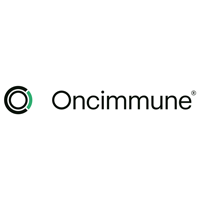In a manuscript published in the journal CHEST, a group of experts discuss recent evidence concerning the benefit, harms, and implementation of low-radiation dose chest computed tomography (CT) in lung cancer screening.
The study is titled “Screening for Lung Cancer: CHEST Guideline and Expert Panel Report.” The team also presented its findings at the 2017 CHEST Annual Meeting, in Toronto, Canada (Oct. 28 – Nov. 1).
Lung cancer mortality each year continues to increase and surpasses that of colon, breast and prostate cancers combined. Currently, based on results from the National Lung Cancer Screening Trial, low-dose CT is a standard practice and considered an efficient screening method for high-risk individuals.
One of the key recommendations of the new guidelines is that annual screening with low-dose CT should be offered to asymptomatic smokers and former smokers – ages 55 to 77 years – who have smoked intensively (30 pack-years or more), continue to smoke, or have quit within the past 15 years.
In contrast, the guidelines do not recommend a routinely low-dose CT screening on asymptomatic smokers and former smokers who fall out of the previous terms, but are considered to be at high risk for having or developing lung cancer.
The same recommendation is for individuals who have fewer than 30 pack-years of smoking or are not included in the 55 to 77 age range, and for those who have quit smoking more than 15 years ago, and do not have a high risk of having/developing lung cancer according to clinical risk prediction calculations.


